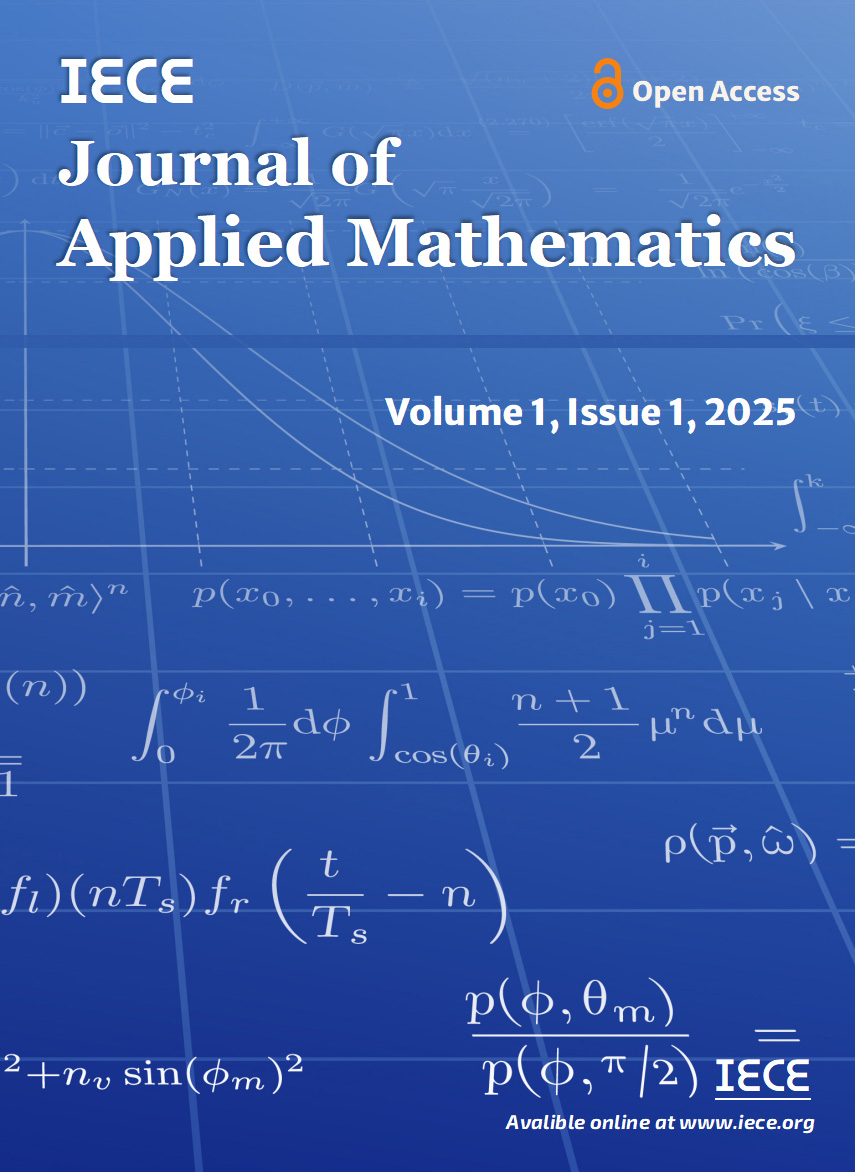The existing journals that address engineering or mathematical topics fail to serve the increasing number of studies at the convergence of applied mathematics with energy systems and sustainable technologies and intelligent systems. The IECE Journal of Applied Mathematics aims to address this knowledge deficiency. The publication accepts both theoretical work that leads to practical results and simulation studies that produce prototype-effective outcomes together with AI-based optimization techniques that support real-world implementations. Our research includes computational fluid dynamics and hybrid nanofluid modeling as well as inverse problems in heat transfer and data-driven energy systems along with additional fields.
Our mission combines three fundamental principles which include both scientific excellence and engineering importance as well as technological solution capacity. Authors will experience an efficient peer review process because the editorial board maintains a balance between review depth and speed which helps authors improve their work before it gets quickly published. This journal works toward achieving global targets including Green Energy, and Zero Carbon emission by publishing research that supports a resilient low-carbon future.
I express my deep gratitude to the researchers who submitted to this launch issue and the editorial team and reviewers who maintained the quality of each manuscript. Our publishing partner has provided essential support for a journal which connects different fields while promoting teamwork between experts.
The IECE Journal of Applied Mathematics functions beyond being an information archive because it serves as a professional hub for scientists and engineers who create sustainable intelligent solutions through mathematical modeling.




 Copyright © 2025 by the Author(s). Published by Institute of Emerging and Computer Engineers. This article is an open access article distributed under the terms and conditions of the Creative Commons Attribution (CC BY) license (
Copyright © 2025 by the Author(s). Published by Institute of Emerging and Computer Engineers. This article is an open access article distributed under the terms and conditions of the Creative Commons Attribution (CC BY) license (